- From July 1, 2025, the two-tier local government model will officially come into operation. Could you tell us how Lang Son'seducation sector has kept up with these changes?
Mr. Hoang Quoc Tuan: The implementation of the two-level local government model, without the intermediate district level in administrative management, is an important step in reforming the state apparatus. The education sector of Lang Son province identifies this as both a challenge and an opportunity to restructure the organizational system, improve the effectiveness and efficiency of state management of education.
Since the policy of implementing two-level local government was issued, the Department of Education and Training has proactively studied the guiding documents of the Central and the province, and organized many conferences and training courses for management staff and school principals to promptly disseminate the policy, unify understanding and implementation orientation.
We have also closely coordinated with the Departments of Education and Training during the recent transition period to review and hand over work, especially the contents of human resource organization, finance, facilities and industry data, ensuring that there are no gaps in the management and operation of the system after July 1, 2025. Up to now, after 02 weeks of operation, the education and training sector has basically been stable and effective.
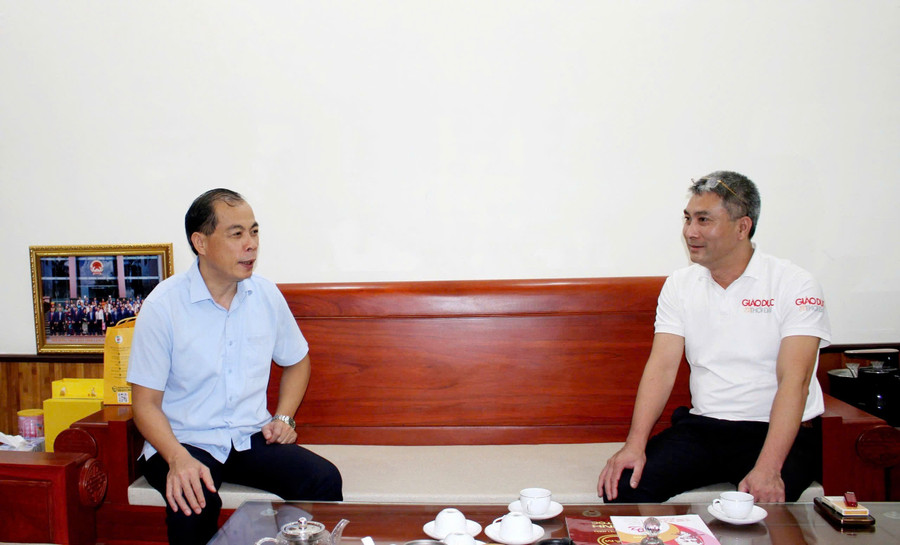
- What solutions has the Department of Education and Training of Lang Son implemented to ensure continuous and effective operation of the school system, especially from preschool to secondary school?
Mr. Hoang Quoc Tuan: After the district level was no longer available, the Department of Education and Training of Lang Son considered maintaining the stability and effectiveness of the school system from kindergarten to junior high school as a top priority. The Department has proactively developed plans for clear and consistent assignment and decentralization of management between government levels and schools on the basis of the Law on Organization of Local Government, Decree 142 and the guiding Circular of the Ministry of Education and Training .
One of the key solutions is to improve the organizational structure, ensure that managers have sufficient capacity, and have an operating mechanism suitable for regional characteristics, especially in border communes and particularly difficult areas. To overcome these limitations, the Department is actively promoting the construction of a common management database system, using technology to monitor, support, and remotely evaluate the performance of each educational institution.
We also pay special attention to training and fostering school management staff, ensuring that they not only perform well in their profession but also understand administrative management processes in the new context.
- How will the coordination mechanism between the Department - Commune People's Committee - school be shaped to ensure consistency in administrative and professional management?
Mr. Hoang Quoc Tuan: The coordination mechanism between the Department - Commune People's Committee - school will be built according to the principles: clear decentralization, close coordination, clear responsibilities and unified goals . In which, the Department of Education and Training will take the lead role in professional orientation, issuing school year plans, inspection, supervision and evaluation. The Commune People's Committee will be directly responsible for administrative management of educational institutions in the area, especially issues related to facilities, contract personnel, school security and coordination with local mass organizations. The school plays a central role in organizing educational activities, being a direct bridge between the sector and local authorities.
In the coming time, we will plan to sign coordination regulations between the Department of Education and Training and specific localities, periodically review and evaluate to flexibly adjust to suit the reality of each locality.
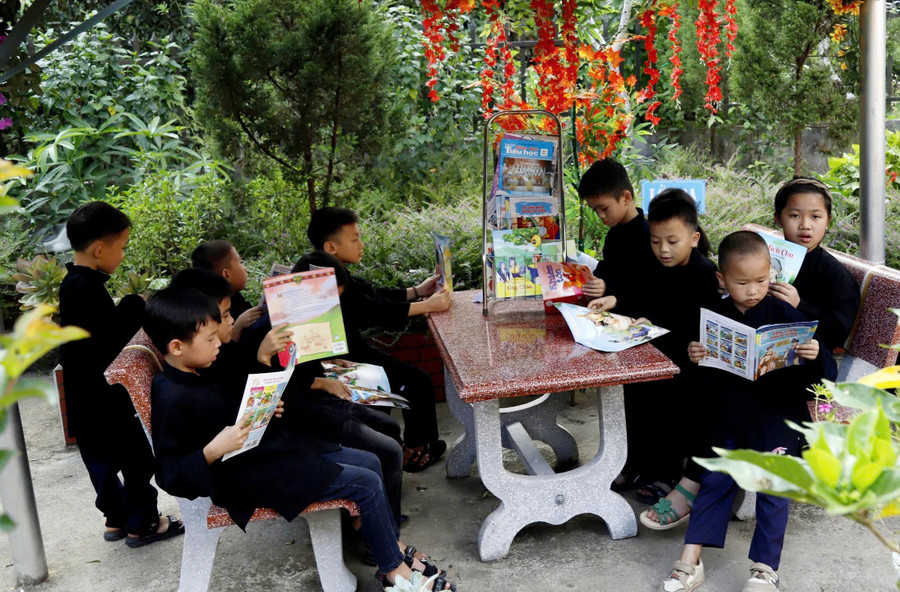
- Lang Son is a mountainous province with a large number of ethnic minority students and many remote and border communes. In the context of changing management mechanisms, what needs to be done to continue ensuring students' right to education and educational equity in disadvantaged areas?
Mr. Hoang Quoc Tuan: Ensuring the right to education of students in disadvantaged areas, especially ethnic minority students, has been a consistent political task of the Lang Son Education sector in recent times. This does not depend on changes in the government model.
In the new conditions, we have built a roadmap to maintain priority policies for students in especially disadvantaged areas, such as: supporting scholarships, maintaining the boarding model, upgrading the boarding school system, promoting activities to enhance Vietnamese at the beginning of the grade, and especially maintaining the team of teachers "staying in the countryside".
Currently, we are recommending that the province continue to maintain budget investment in a priority direction for disadvantaged areas, ensuring that all students - even those in the most remote villages - still enjoy a quality, equitable education.
- What policies does the Lang Son education sector have to maintain and develop the system of boarding and semi-boarding schools for ethnic minorities and support teachers living in remote areas after the district-level management is no longer in place?
Mr. Hoang Quoc Tuan: The rearrangement of the management system does not change the priority orientation for the ethnic boarding and semi-boarding school system - this is still an important pillar in the strategy for developing education in mountainous and border areas of the province.
The Department of Education and Training has submitted to the Provincial People's Committee a draft plan to maintain and develop boarding and semi-boarding schools for ethnic minorities, including: Allocating a separate budget to support accommodation and living conditions for ethnic minority students; Prioritizing investment in facilities, upgrading kitchens and semi-boarding houses; Having special policies for teachers "staying in the village", such as support for travel, official housing, and increasing preferential allowances.
We also advocate for assigning experienced, dedicated, long-term managers to run schools in disadvantaged areas.
- As the head of the provincial education sector, what message do you want to send to the staff, teachers and students of Lang Son province during this transition period?
Mr. Hoang Quoc Tuan: This is the time when the education sector of Lang Son province enters a new stage of development, with many changes in organization and management methods. I hope that the staff and teachers of the whole sector will maintain their professional skills and ethics , unite and complete all assigned tasks. For students, please always maintain the spirit of learning and the desire to excel, no matter where you start from in this frontier land.
Lang Son education sector pledges to continue to make every effort so that no student is left behind, and so that each school becomes a place to nurture dreams, knowledge and personality.
After the administrative unit arrangement, Lang Son province has 65 commune-level administrative units, including 61 communes and 4 wards. The whole province currently has 648 educational institutions, with a total of 211,142 students and 20,555 teachers.
Source: https://giaoducthoidai.vn/lang-son-no-luc-de-moi-ngoi-truong-tro-thanh-noi-uom-mam-uoc-mo-tri-thuc-va-nhan-cach-post739762.html


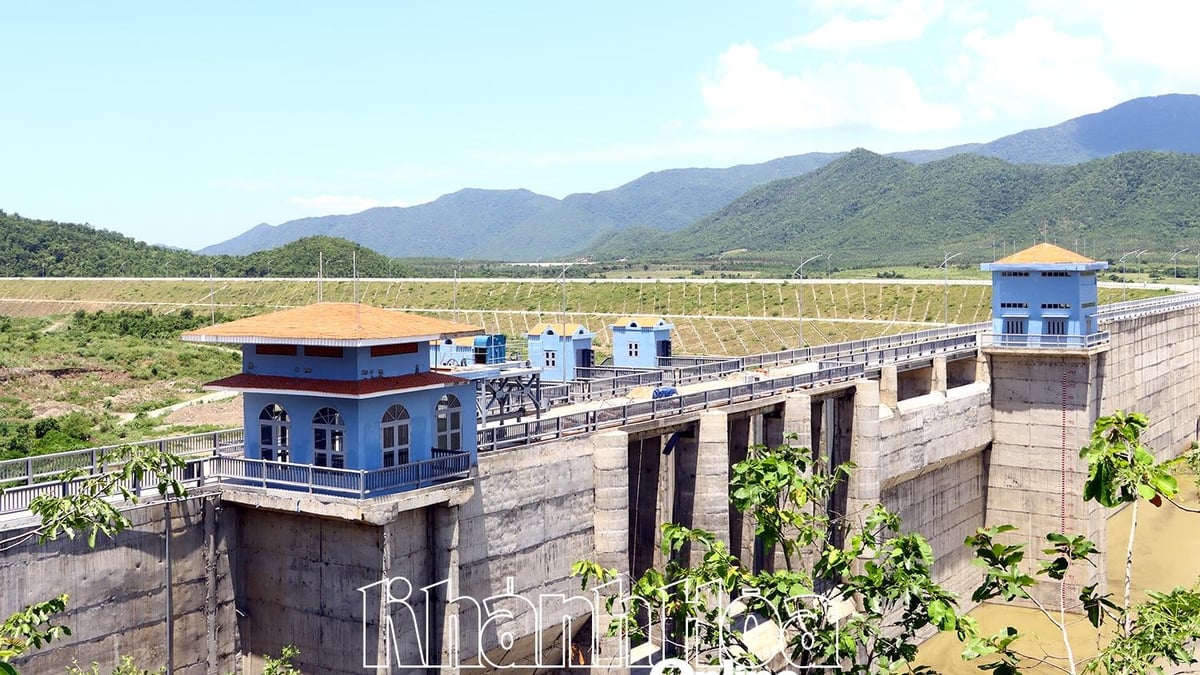
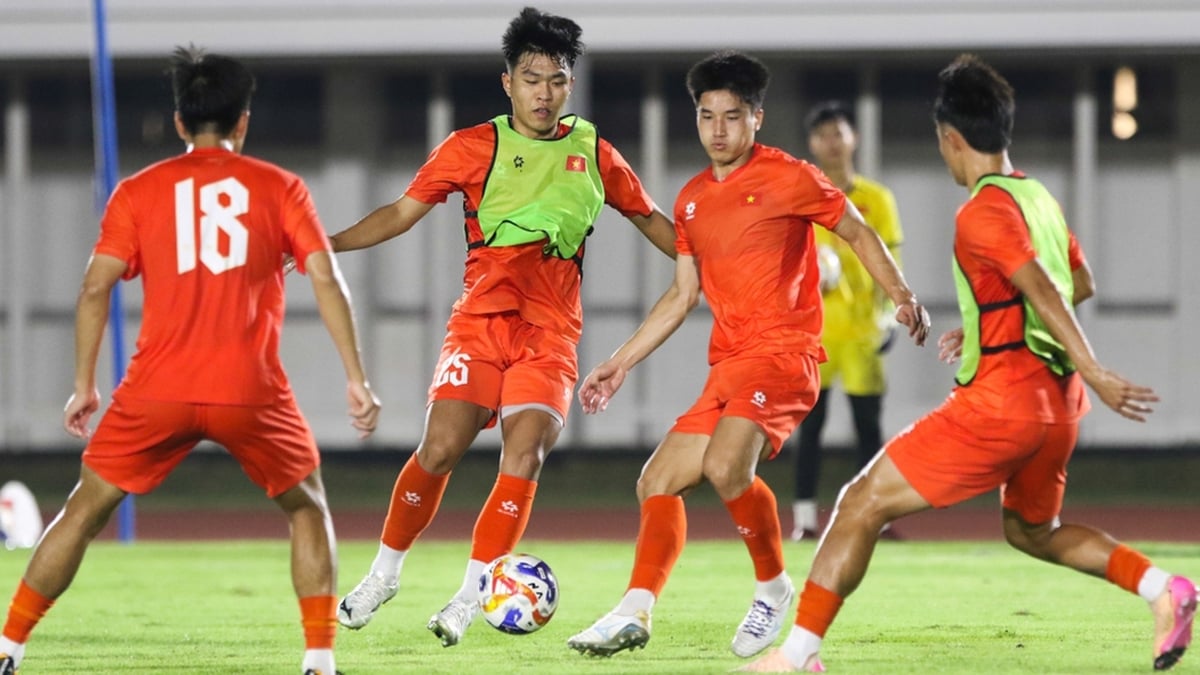
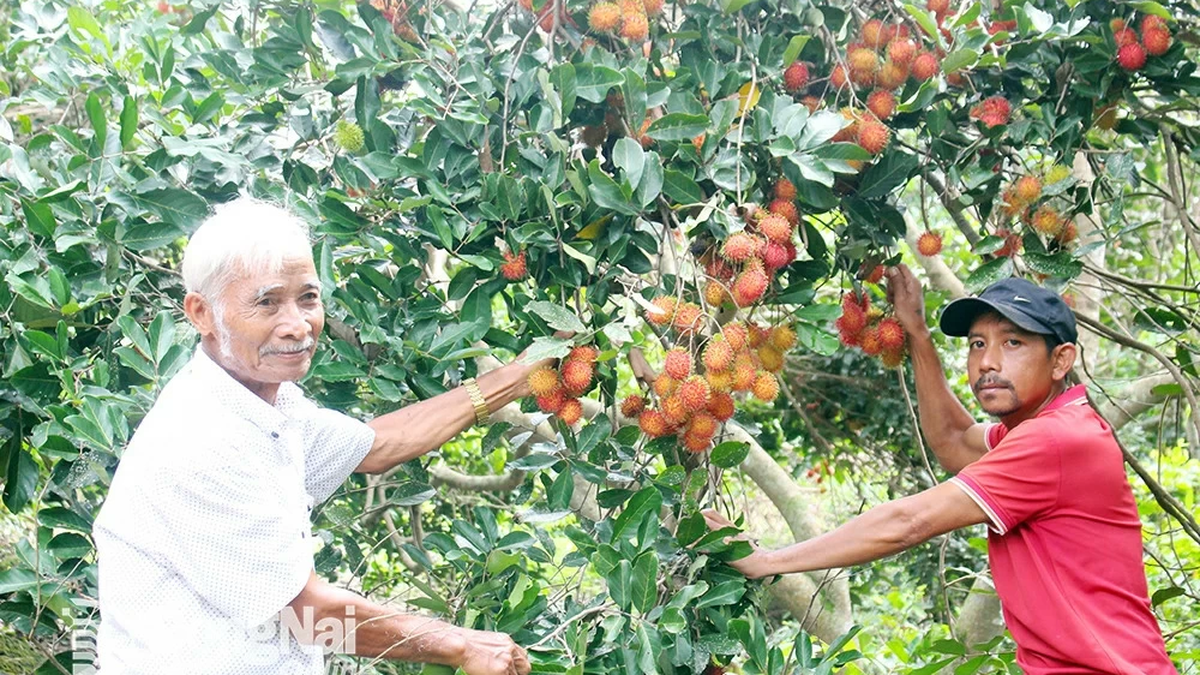

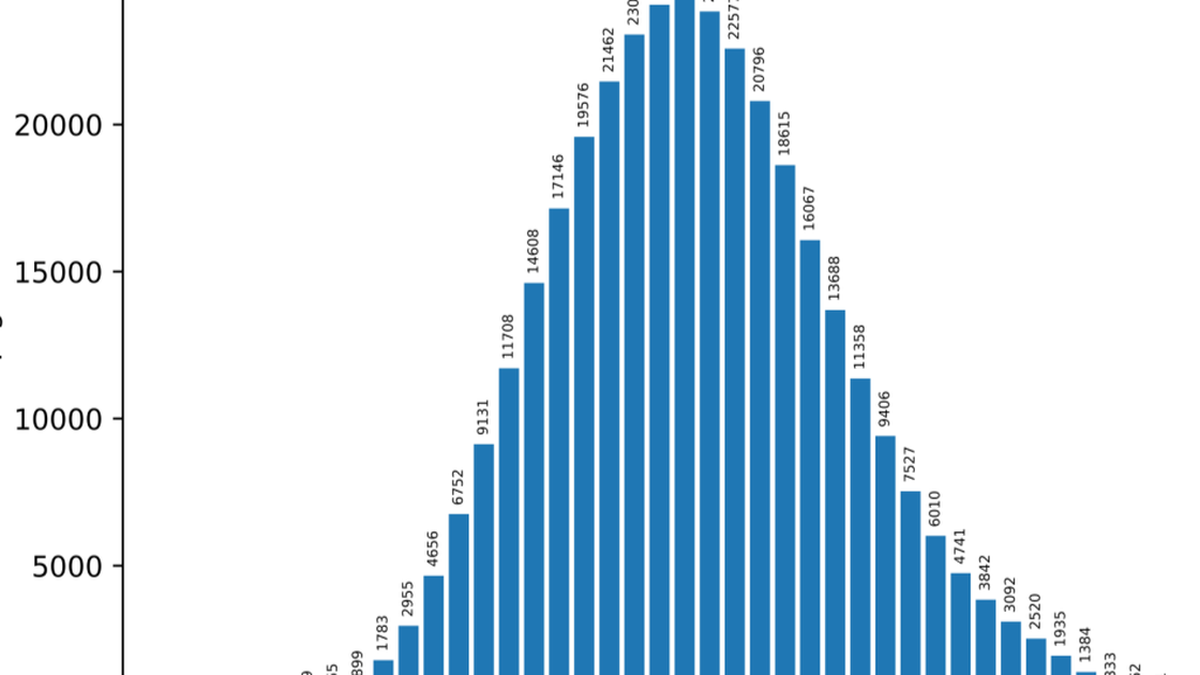

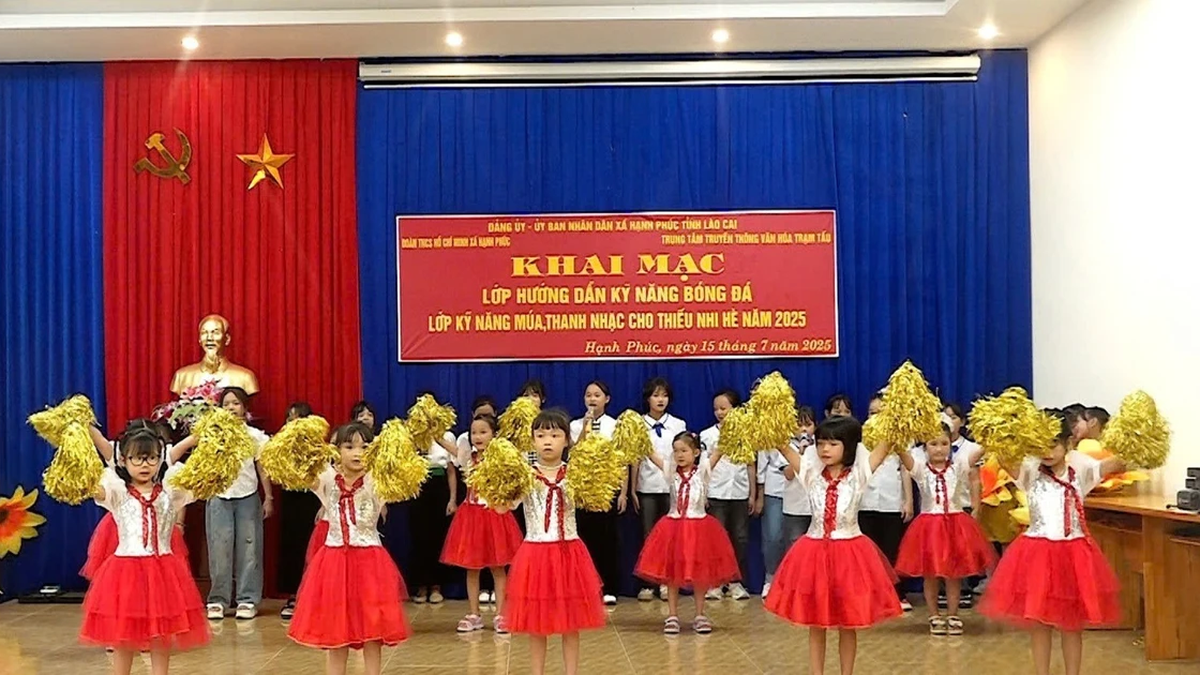
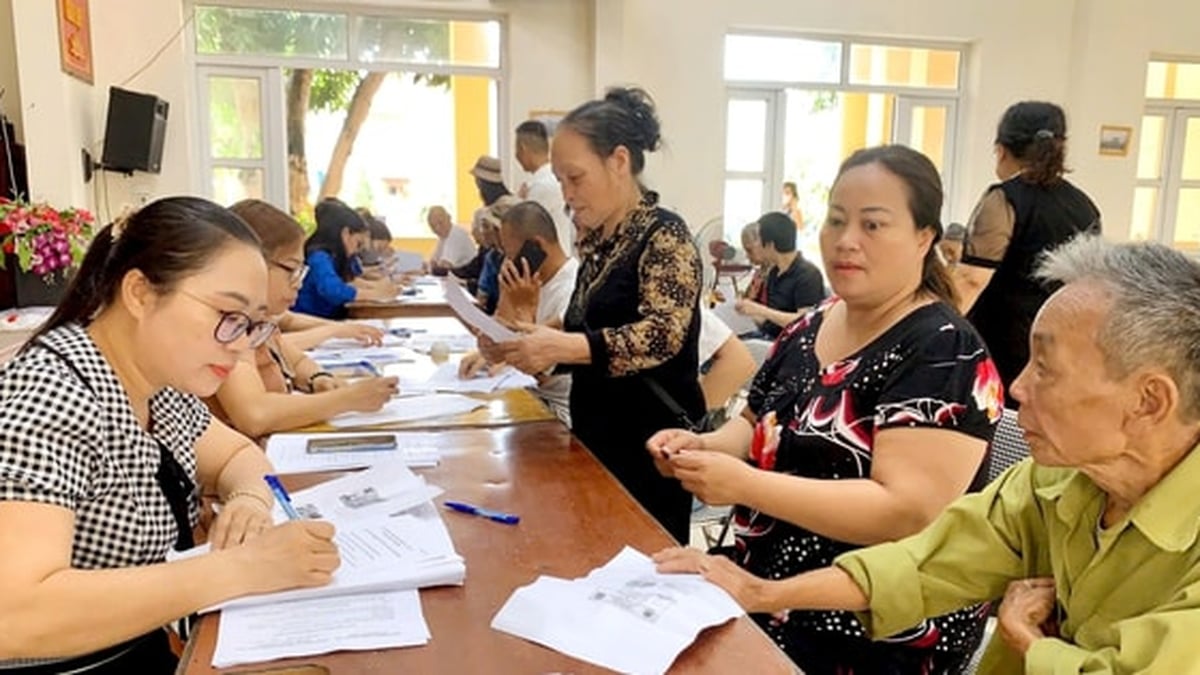


























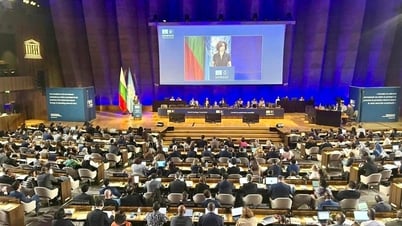




























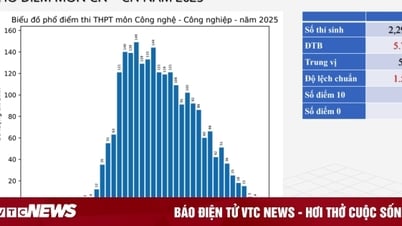
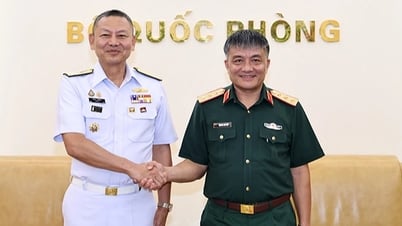




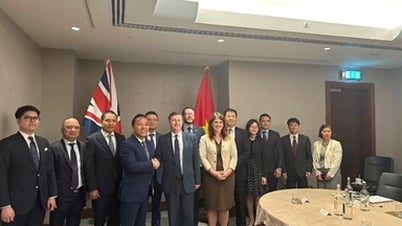





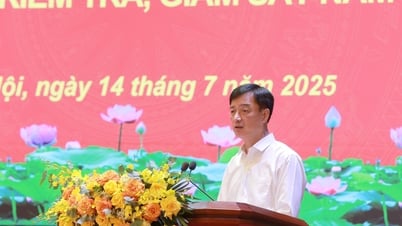























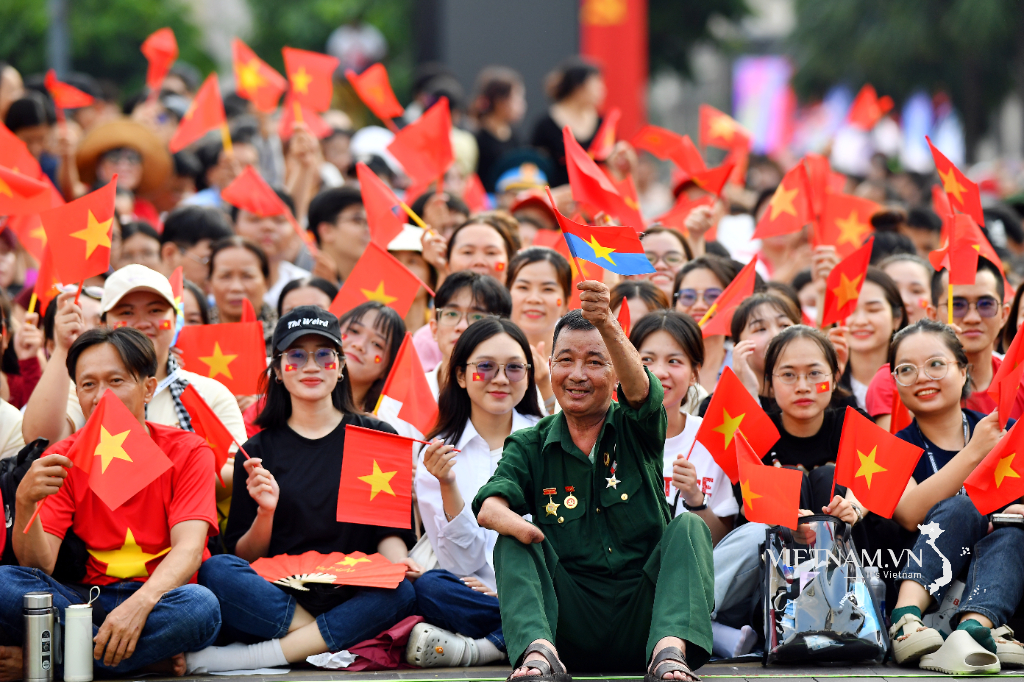
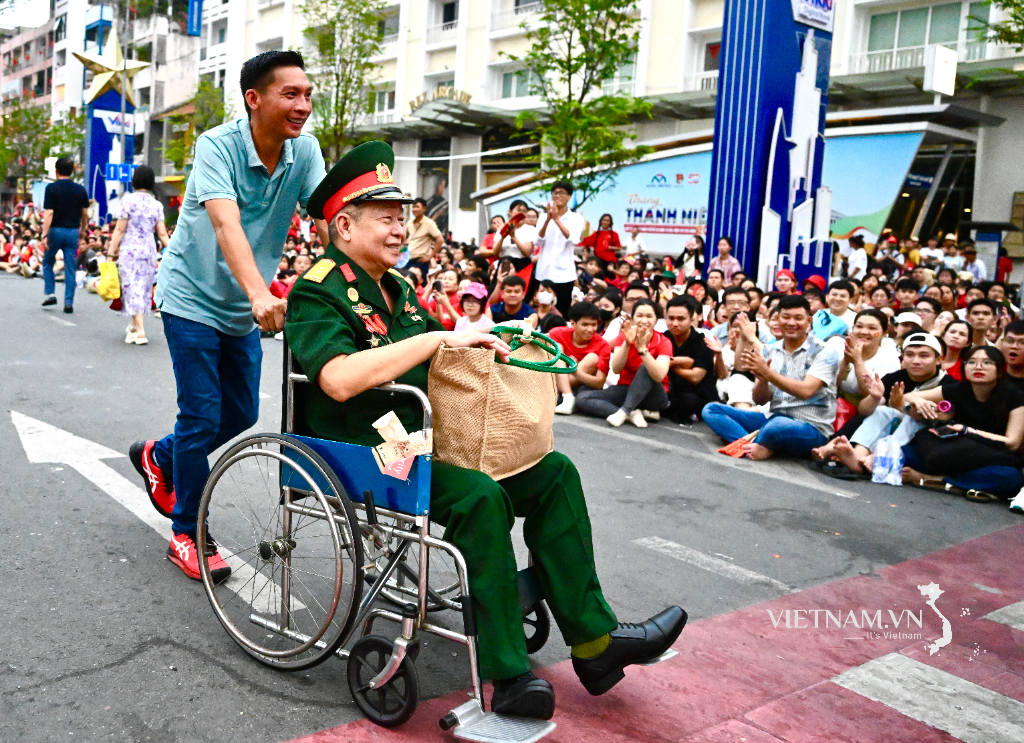
Comment (0)